Indigenous Governance Database
Civics
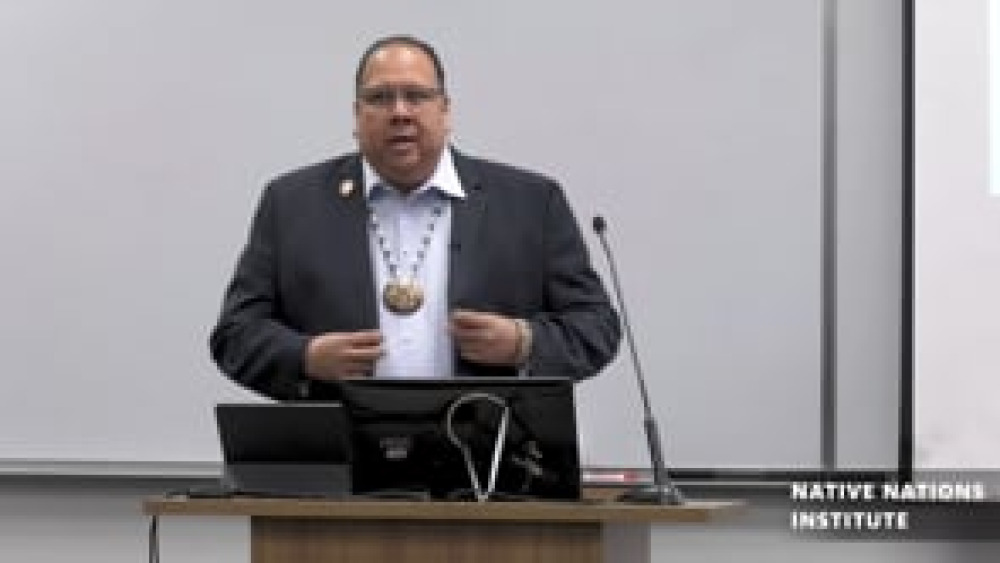
Governor Stephen Roe Lewis Distinguished Tribal Leader Lecture
Governor Stephen Roe Lewis of the Gila River Indian Community visited the University of Arizona to speak at January in Tucson: Distinguished Tribal Leader Lecture sponsored by the Native Nations Institute and held at the Indigenous Peoples Law & Policy program at James E. Rogers College of Law…
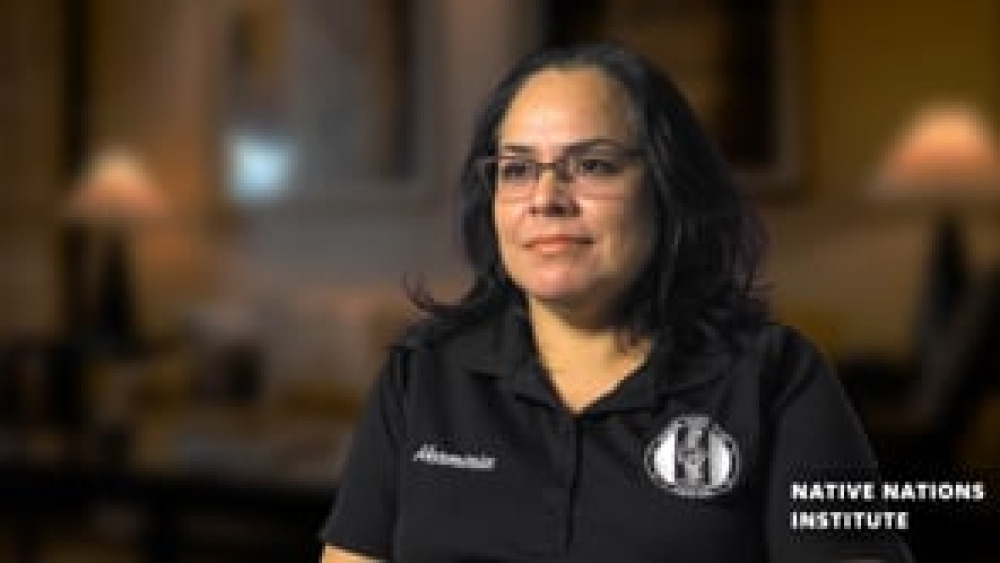
Herminia Frias: Working Toward Effective Native Leadership
For years at Pascua Yaqui Tribe, Herminia Frias has remained a consistent leader in tribal government. She became the first woman elected Chairwoman and youngest to serve the position. After a contentious term with the tribal council, she was removed from office but then immediately returned to…
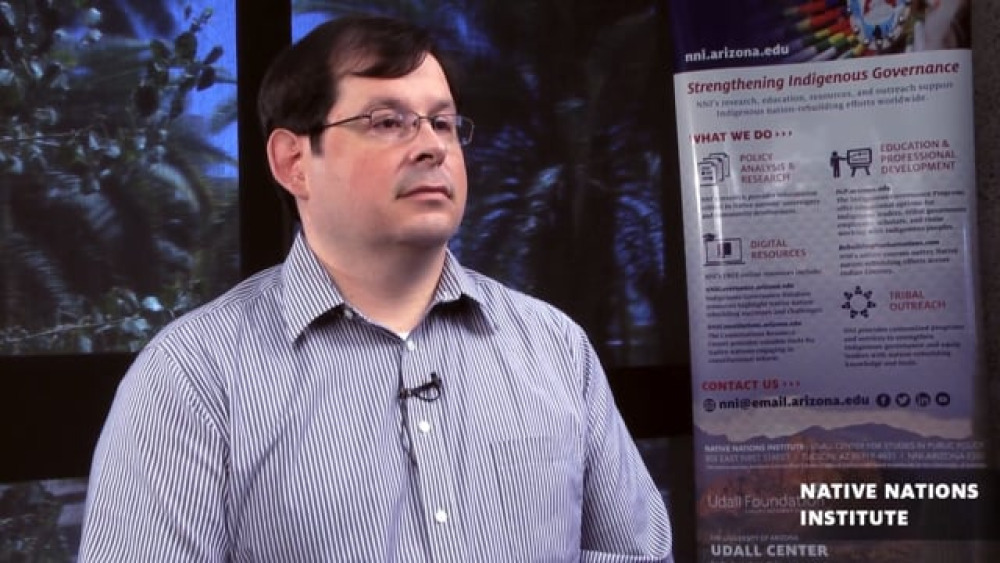
Wayne Ducheneaux: Working with Indigenous Governance
Wayne Ducheneaux II (Cheyenne River Sioux Tribe) sits down with Native Nations Institute to discuss his array of experiences working for the Cheyenne River Sioux Tribe and in the work toward helping other Native Nations efforts with indigenous governance. A former Tribal Administrative…
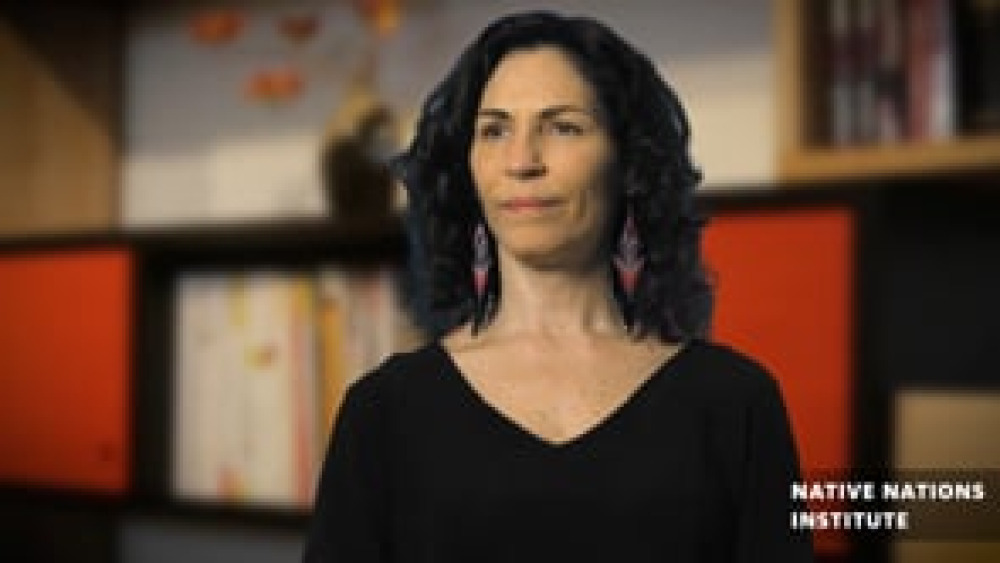
Shannon Keller O'Loughlin: Native Leadership and Lasting Commitment
Shannon Keller O'Loughlin, Choctaw Nation of Oklahoma, is an attorney and the Executive Director of the Association on American Indian Affairs. Shannon was also the former Chief of Staff, National Indian Gaming Commission, a member of President Obama’s NAGPRA Review Committee, and a Cultural…
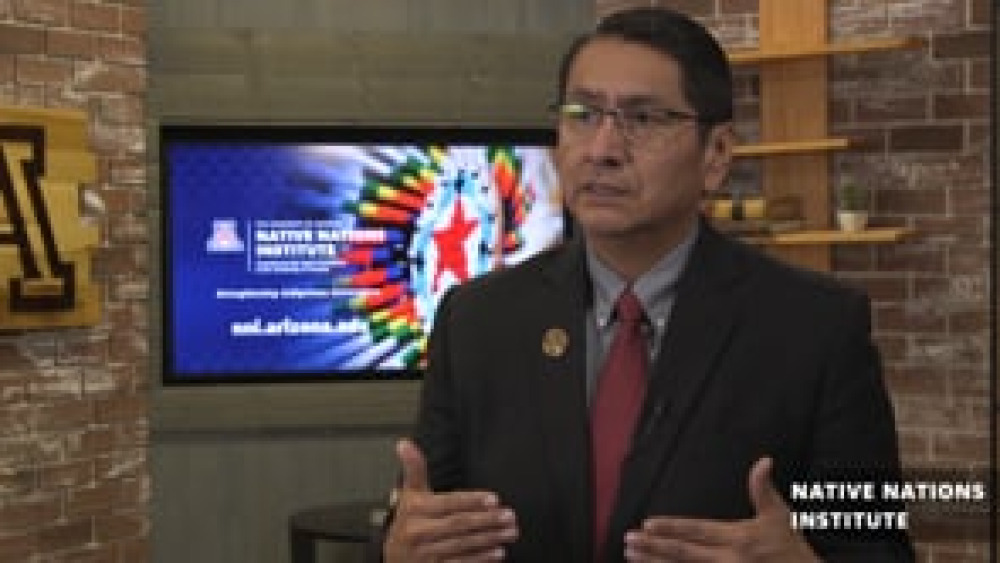
Navajo Nation President Jonathan Nez: Native Nation Building for the Navajo Nation
Navajo Nation President Jonathan Nez visited the University of Arizona and gave his views on making governance work for people in he Navajo Nation. In this brief interview with NNI the President offered his thoughts on Native Nation Building and the way it is utilized for the…
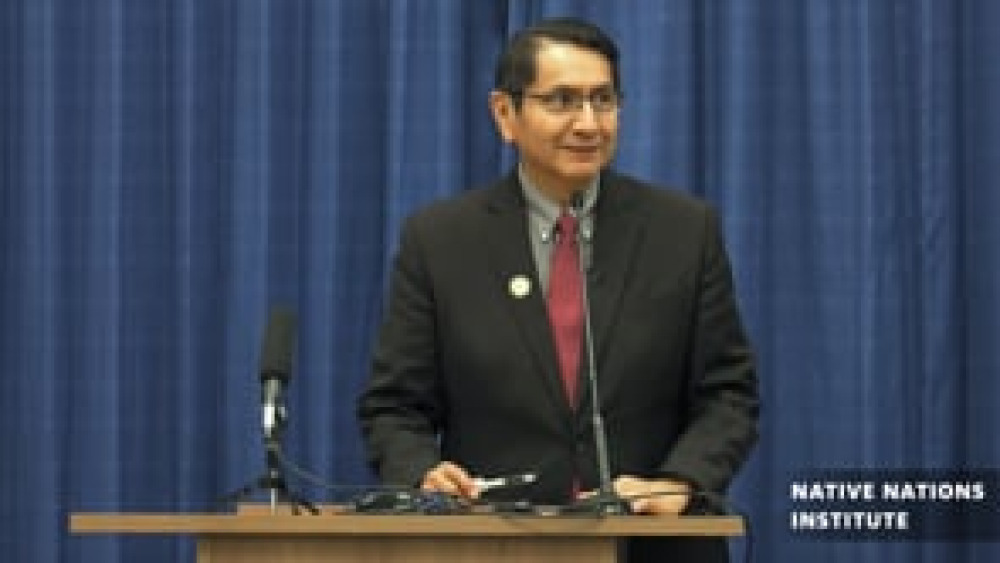
Navajo Nation President Jonathan Nez Distinguished Tribal Leaders Lecture
The Indigenous Peoples Law and Policy Program hosted the Distinguished Tribal Leaders Lecture at the University of Arizona James E Rogers College of Law featuring the recently elected Navajo Nation President Jonathan Nez. The president gave his views on working for a Native Nation and making…
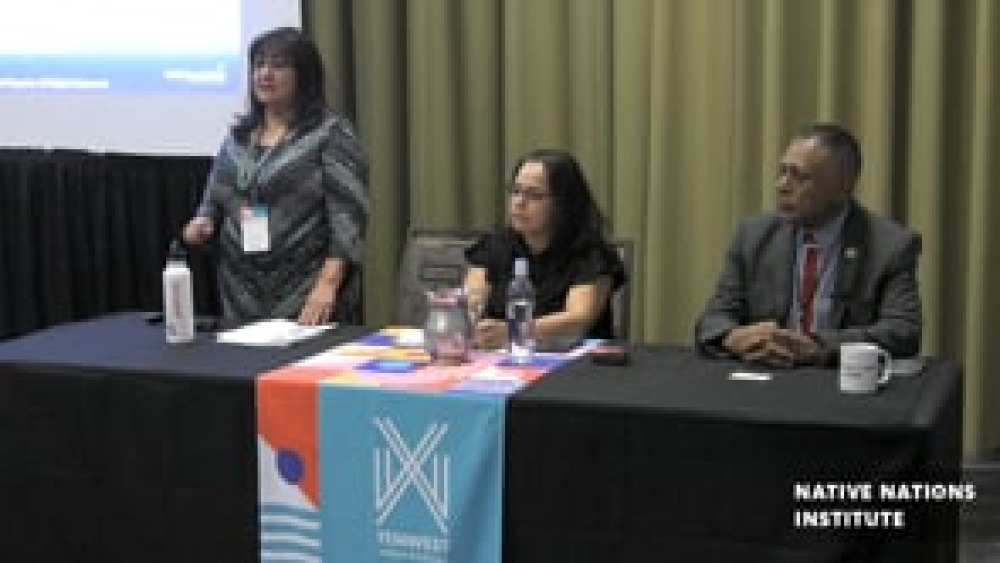
Navigating the Structures of Native Nations
Native Nations Institute presented a panel at TENWEST 2019 in Tucson called “Navigating the Structures of Native Nations.” Arizona is home to 22 Native nations, many whom are major economic drivers. Panelists presented an overview of Native nations including their socio-economic challenges,…
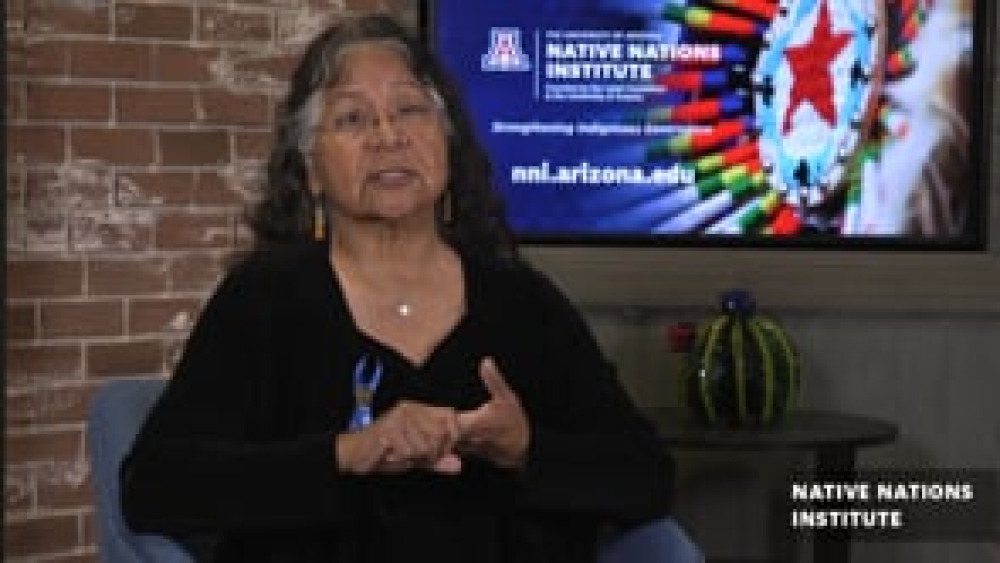
Diane Enos: Endurance through Native Leadership
Diane Enos is an Attorney, Councilwoman & Former President of Salt River Pima-Maricopa Indian Community. She has also served as Vice President of the Inter-Tribal Council of Arizona, Chairwoman of the Arizona Indian Gaming Association, and as a Western Area Delegate to the Tribal Justice…
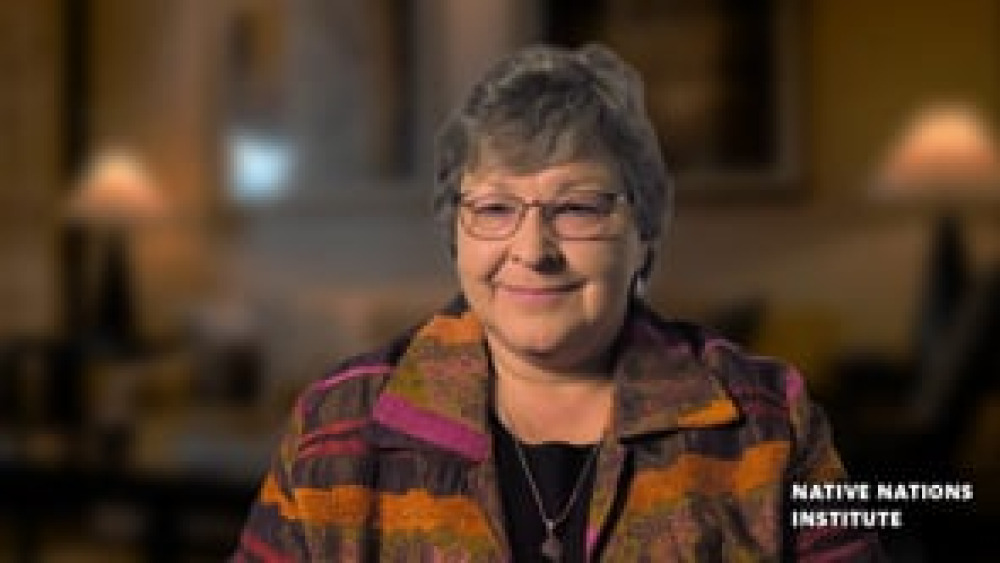
Karen Diver: Native leadership and Indigenous governance
Karen Diver is a former Chairwoman of the Fond du Lac Band of Lake Superior Chippewa and former Vice President of the Minnesota Chippewa tribe, while also served as an adviser to President Obama as his Special Assistant for Native American affairs. Her incredible career as renowned Native…
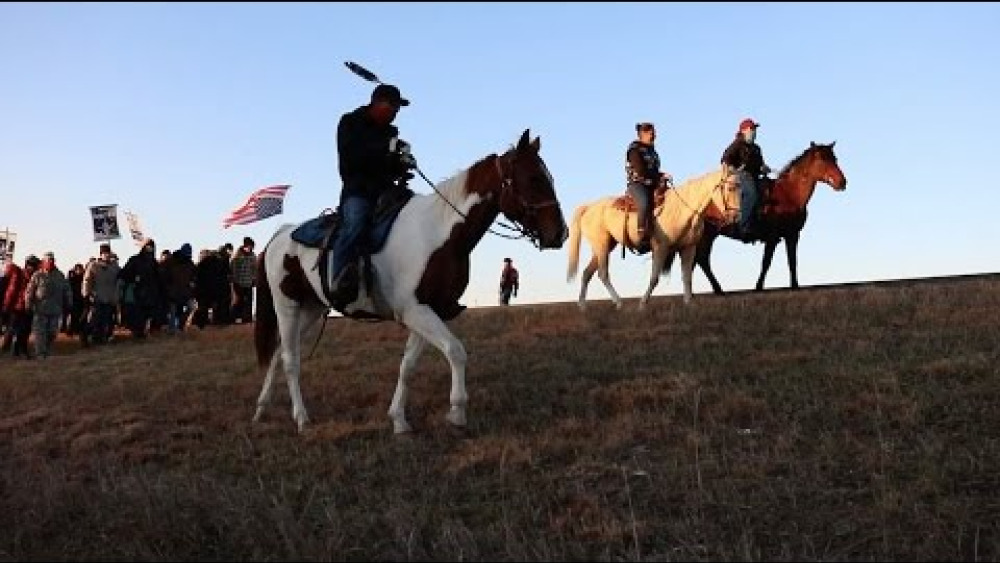
Water is Life video series Part 3 Mni Wiconi
The Native Nations Institute produced a three-part educational video series called, “Water is Life." The video series brings a Native nation building perspective to the conflict over the Dakota Access Pipeline and features interviews with LaDonna Brave Bull Allard, former tribal historic…
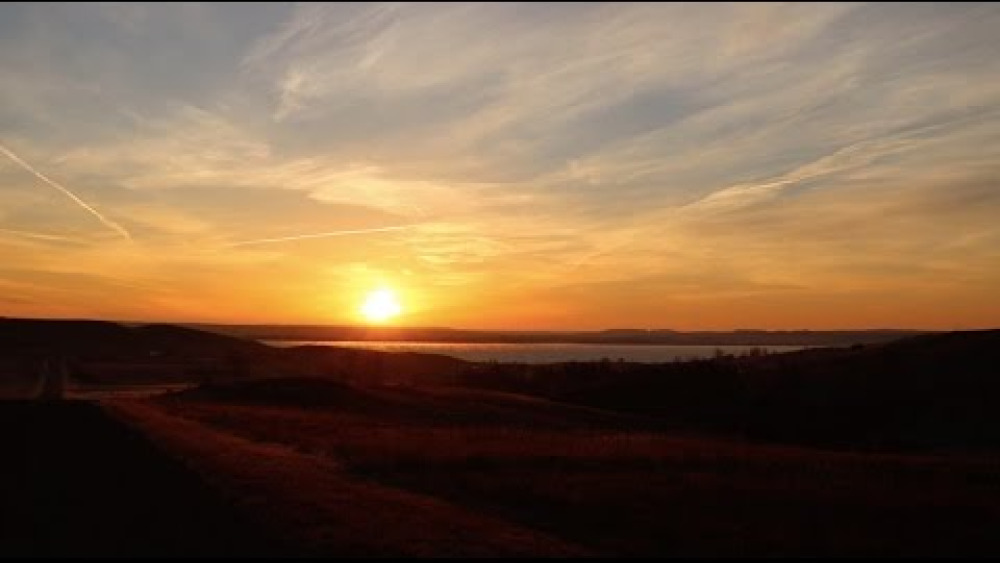
Water is Life video series Part 2 Oceti Sakowin
The Native Nations Institute produced a three-part educational video series called, “Water is Life." The video series brings a Native nation building perspective to the conflict over the Dakota Access Pipeline and features interviews with LaDonna Brave Bull Allard, former tribal historic…
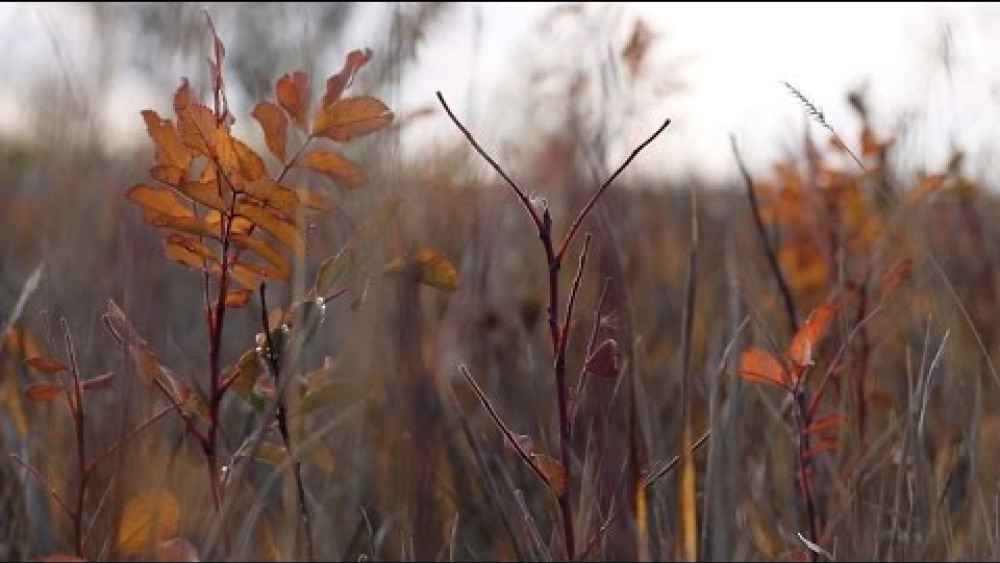
Water is Life video series Part 1 The Lakota and Dakota People
The Native Nations Institute produced a three-part educational video series called, “Water is Life." The video series brings a Native nation building perspective to the conflict over the Dakota Access Pipeline and features interviews with LaDonna Brave Bull Allard, former tribal historic…
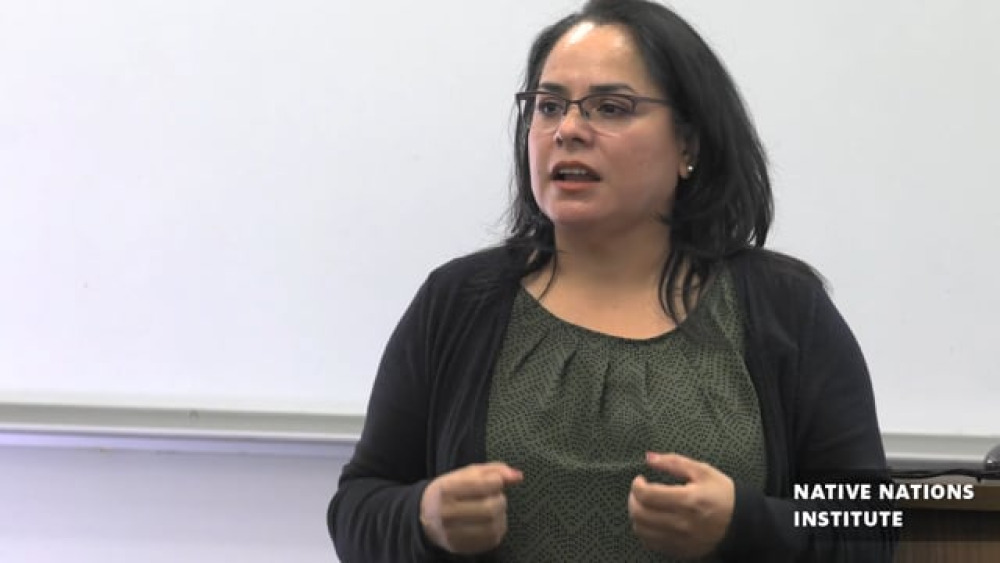
Herminia Frias: Native Women in Governance
Herminia “Minnie” Frias, Councilwoman, Pascua Yaqui Tribal Council. Councilwoman Frias shares her journey of being a Native woman leader, drawing from her experience in serving on her Nation’s Tribal Council both as a Chairwoman, and as a Council Member. Frias was the youngest person and first…
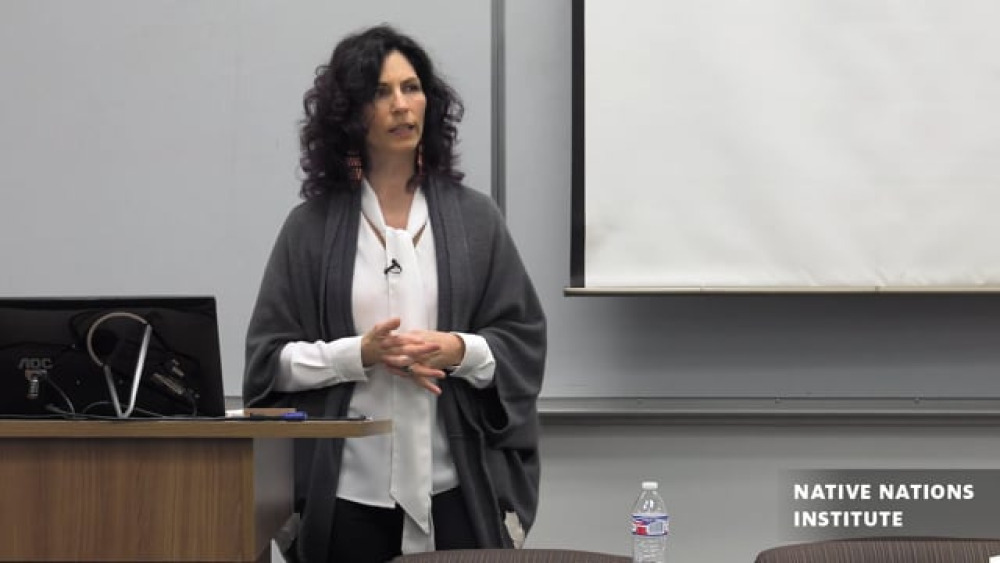
Shannon Keller O'Loughlin: Native Women in Governance
Shannon Keller O'Loughlin, Choctaw Nation of Oklahoma, is an attorney and the Executive Director of the Association on American Indian Affairs. Shannon was also the former Chief of Staff, National Indian Gaming Commission, a member of President Obama’s NAGPRA Review Committee, and a Cultural…
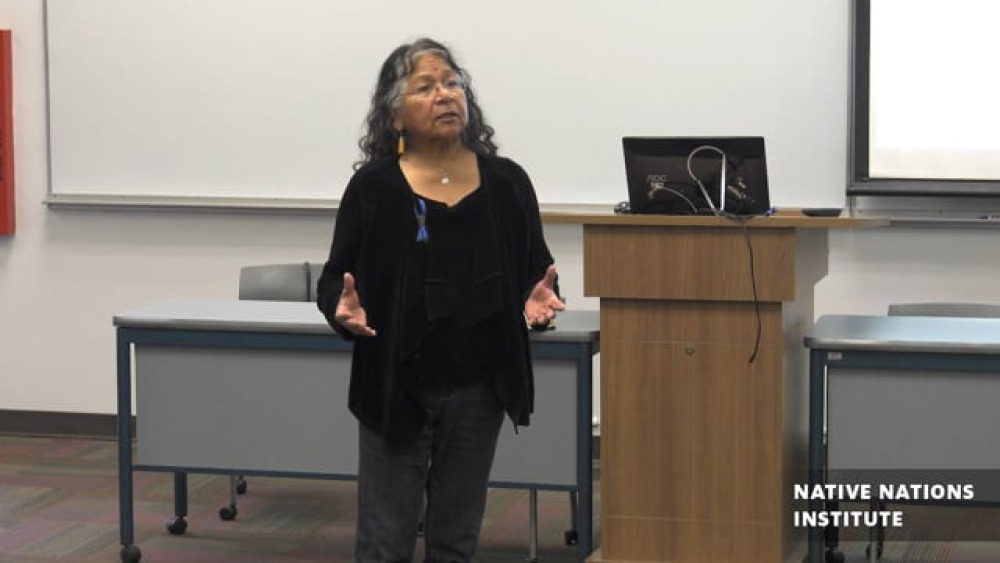
Diane Enos: Native Women in Governance
Diane Enos, Attorney, Councilwoman & Former President of Salt River Pima-Maricopa Indian Community. In addition to her tenure with the Salt River Pima – Maricopa Indian Community, Diane has served as Vice President of the Inter-Tribal Council of Arizona, as Chairwoman of the Arizona Indian…
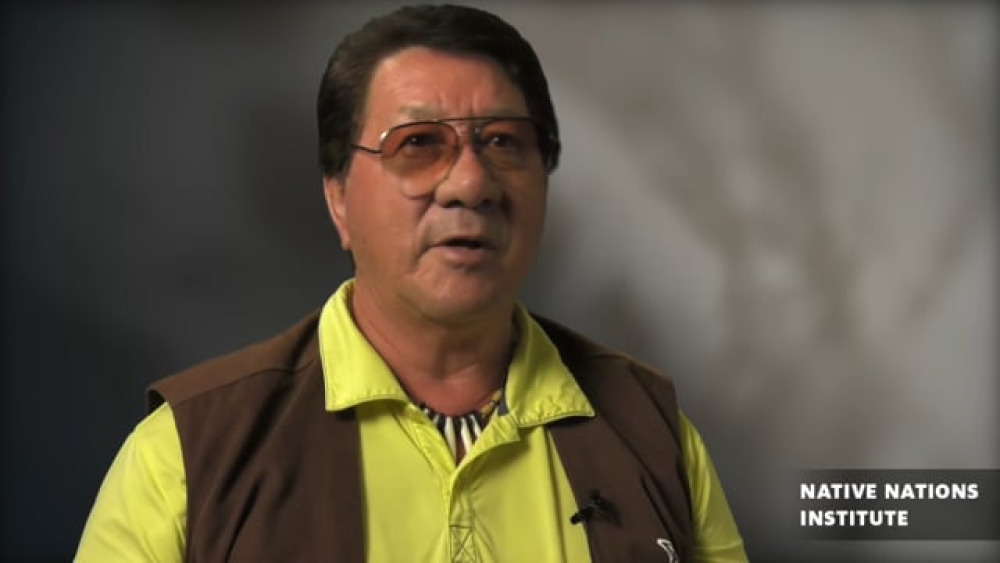
Michael Kanentakeron Mitchell: Stories and Reflections on Indigenous Governance
Former Grand Chief Michael Kanentakeron Mitchell of the Mohawk Council of Akwesasne recently stepped down from his role as Grand Chief after decades of building a strong independent jurisdiction. Chief Mitchell offers some of his stories and reflections in indigenous governance that…
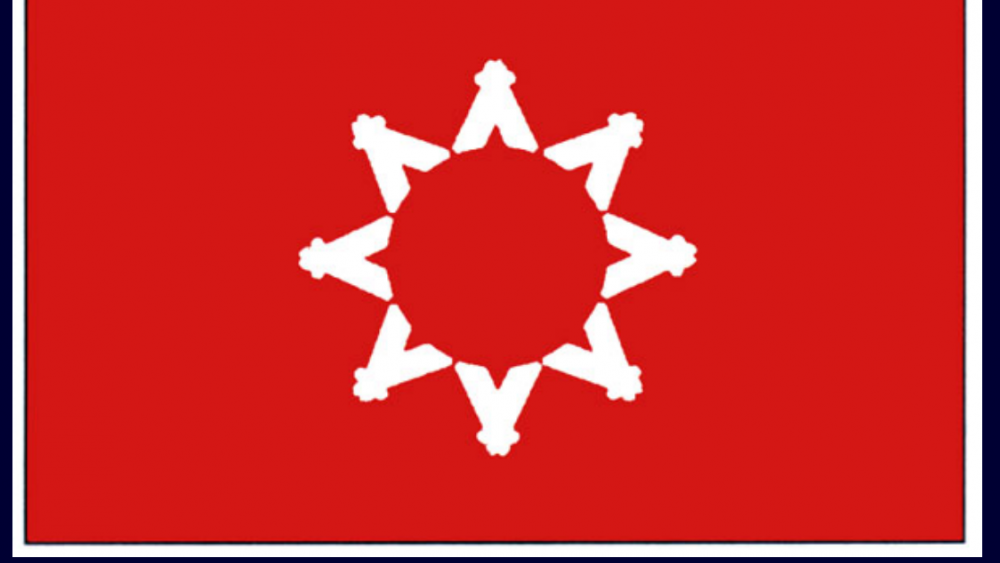
The Indian Reorganization Act at 80 years
At Pine Ridge, daily controversy surrounds the Indian Reorganization Act (IRA) of 1934. Congress enacted the IRA on June 18, 1934. However, the voting requirement was drastically altered just three days prior. This amendment (H.R. 7781, 49 Stat., 378) dated June 15, 1934, lowered the overall voting…
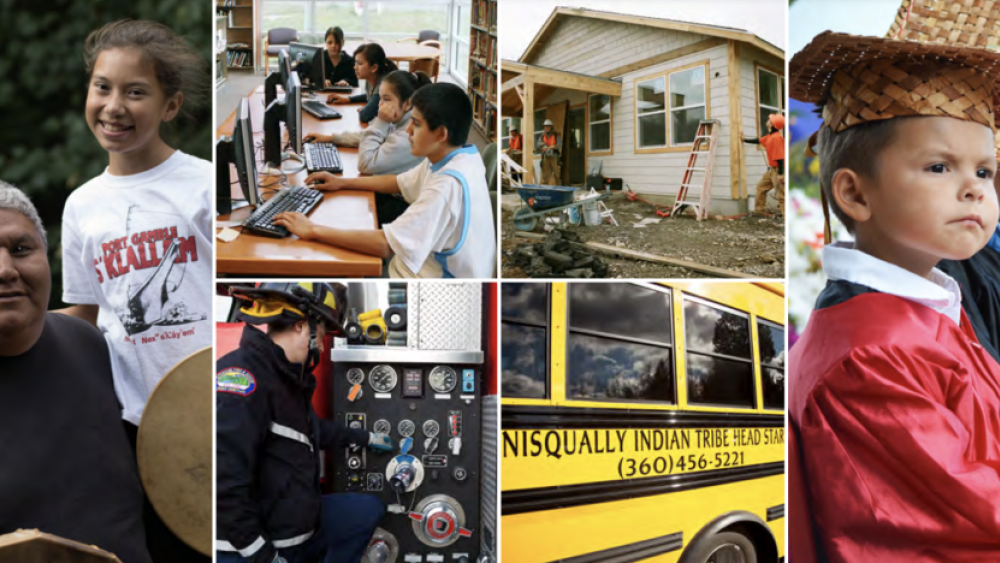
Why beggar thy Indian neighbor? The case for tribal primacy in taxation in Indian country
The law governing taxation in Indian country is a mess. The accretion of common law precedents and the general tendency of states to assert primacy over the taxation of non-Indians create absurd outcomes. This article makes the case three ways. The argument based on the law shows that…
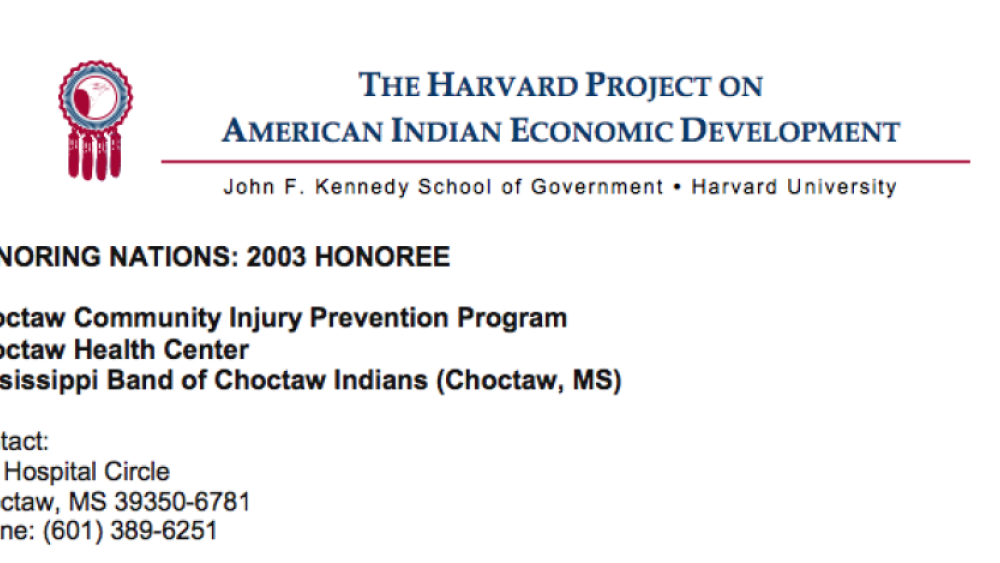
Choctaw Community Injury Prevention Program
Responding to alarming rates of preventable accidents on its reservation, the Mississippi Band of Choctaw created a comprehensive community injury prevention program in 2001. Through seat belt and child safety seat campaigns, strict enforcement of motor vehicle laws, and community-wide education…
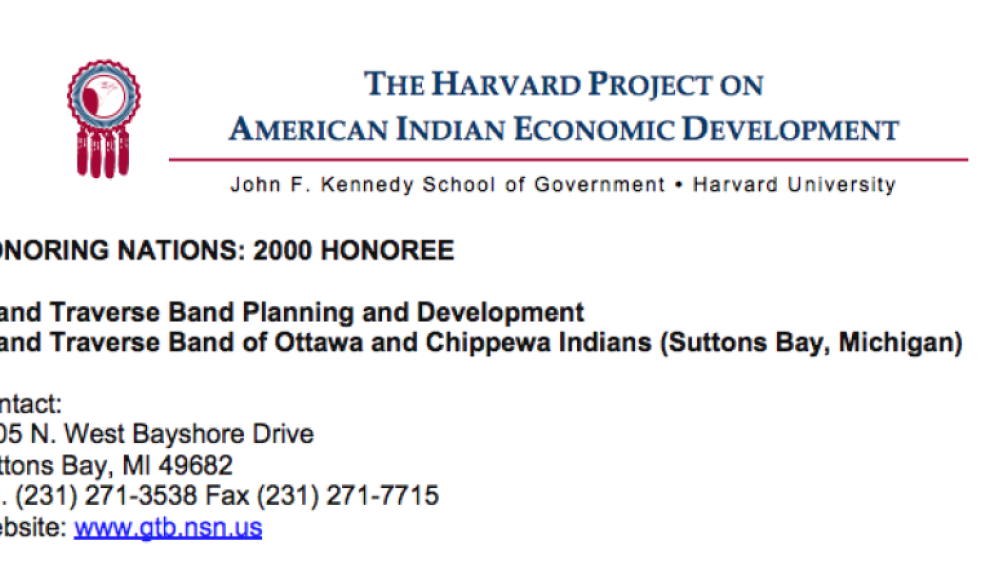
Grand Traverse Band Planning and Development
Faced with a growing land base and an increasing number of visitors to the reservation, the Grand Traverse Band Tribal Council established the Planning and Development Department in 1997 to build capacity within the community to accommodate new needs. The Department addressed its challenge by…
